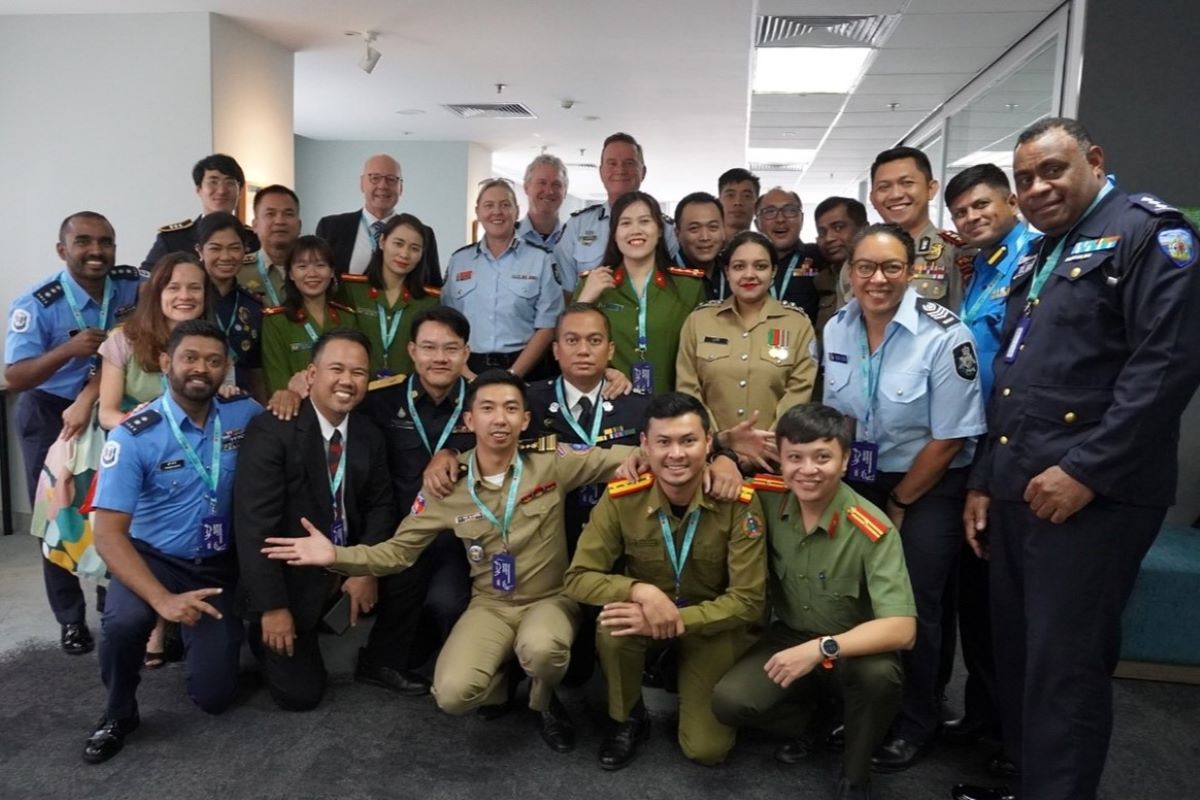RMIT security training delivers impact in Asia-Pacific
RMIT’s Transnational Security Training (TST) programs are celebrating 20 years of impactful delivery in the Asia-Pacific region this year, helping to combat transnational crime, promote inter-agency collaboration, and drive career development.
Vietnam National Forum on Education Innovation with AI 2025 launched
The Vietnam Ministry of Education and Training and RMIT University Vietnam have partnered to officially launch the “Vietnam National Forum on Education Innovation with AI”.
Vietnam Child Wellbeing and Safeguarding Summit 2025: A resounding success
The Vietnam Child Wellbeing and Safeguarding Summit, held on 28 February 2025, concluded with great success, drawing over 600 participants from across the country.
Improving women's mental health for sustainable development
As International Women’s Day approaches, psychologists Huynh Minh Thu and Vu Bich Phuong from RMIT University Vietnam reflect on Vietnam’s progress in gender equity and women’s mental health.






